Songs with the names of towns in them have always been big business. The list of songs with city names in the title is in the hundreds, maybe even the thousands, worldwide. Johnny Cash addressed dozens of cities in his rapid-fire hit “I’ve Been Everywhere” in the 1960s, but he visited other towns a little more eloquently in his 1958 classic “Big River.”
Videos by American Songwriter
A song about a lovesick man following a woman’s trail from the headwaters of the Mississippi River to the ocean, “Big River” has been cut by numerous other influential artists. It’s always been instantly recognizable by Luther Perkins’ iconic guitar riff on the bottom A and E strings, but it’s also known as one of Cash’s great accomplishments as a writer.
As a geography lesson, you could do much worse. People who never knew (or maybe still don’t know) the names of the major port cities on the Mississippi got an education when the song hit the charts. Cash started the song in St. Paul, a few hundred miles south of where the river originates, then traveled a downstream to Davenport, Iowa, the only spot where the river travels from east to west (it’s also the hometown of this writer).
The next major port was St. Louis, then Memphis, where countless people have misheard the line But she just walked up the bluff as She just walked up the block, or even She just walked up the club. Cash used the word “bluff” as a nod to the Memphis nickname of “The Bluff City.” Baton Rouge, New Orleans and the Gulf of Mexico followed. But there was another city between Memphis and Baton Rouge that most people never heard – Natchez, which was mentioned in a verse not included in the original recording for whatever reason. This omitted verse was later sung by Waylon Jennings in the 1985 recording of “Big River” by the supergroup Cash was in, The Highwaymen.
Cash’s daughter, Grammy-winner Rosanne Cash, told the www.all-about-vinylrecords.com website about the importance of the song in her expert opinion.
“I think my dad’s ‘Big River’ is one of the most eloquent pieces of American poetry ever written. It is so layered and cinematic. It’s a narrative that starts at the top of the Mississippi River, in St. Paul, Minnesota, and ends in New Orleans. It was written about a time when travel was still full of surprises; when it was an exotic trip to go from St. Paul to Memphis or New Orleans. He uses alliteration in a thrilling way.”
“The first line of the last verse always gives me a thrill. It is positively Shakespearean. I like knowing my dad was so moved by the river, the South, the Delta and the music that arose from that area.”
“It inspires me he had such an intuitive and refined sense of narrative and language, that he created a cinematic landscape, a testosterone-fueled chase of a woman down the river, and that he wrote such a driving back beat to hold it together. This is a song that could never be written today, and so it is also a piece of American history and part of the legacy of my family and my country.”
Released in 1958, “Big River” was just one in a string of early hits that propelled Cash to a career that had its ebbs and flows, but revealed the character of a flawed man whose faith in Christ carried him through decades of trials. And more than just a classic, “Big River” is no doubt the only song ever recorded with the inner rhyme of cavortin’ in Davenport.

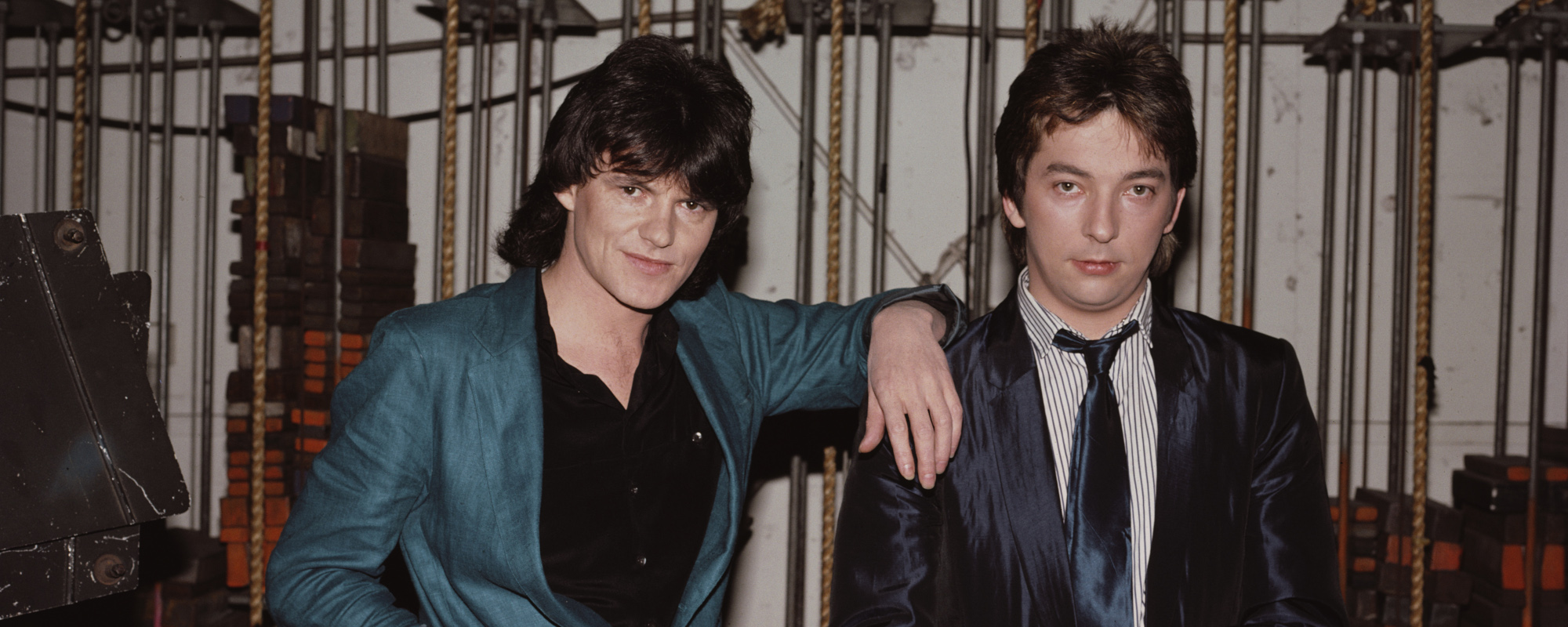
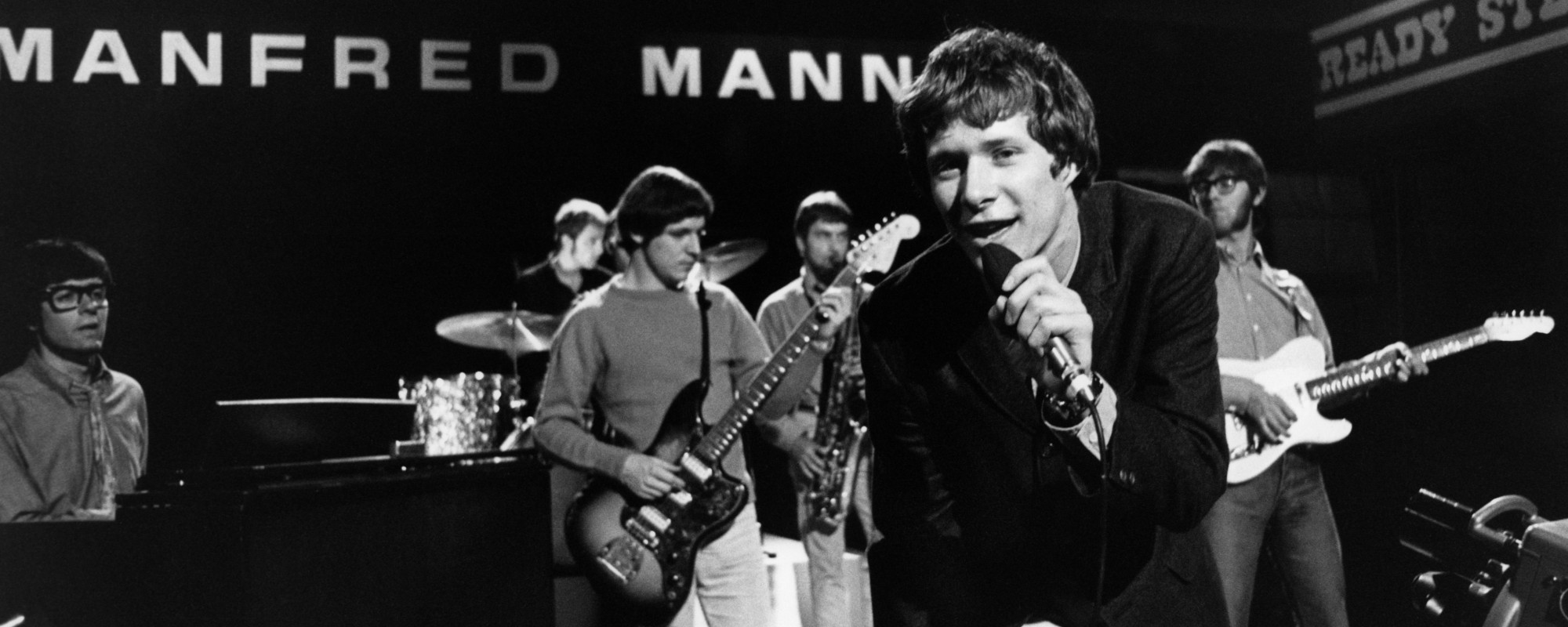
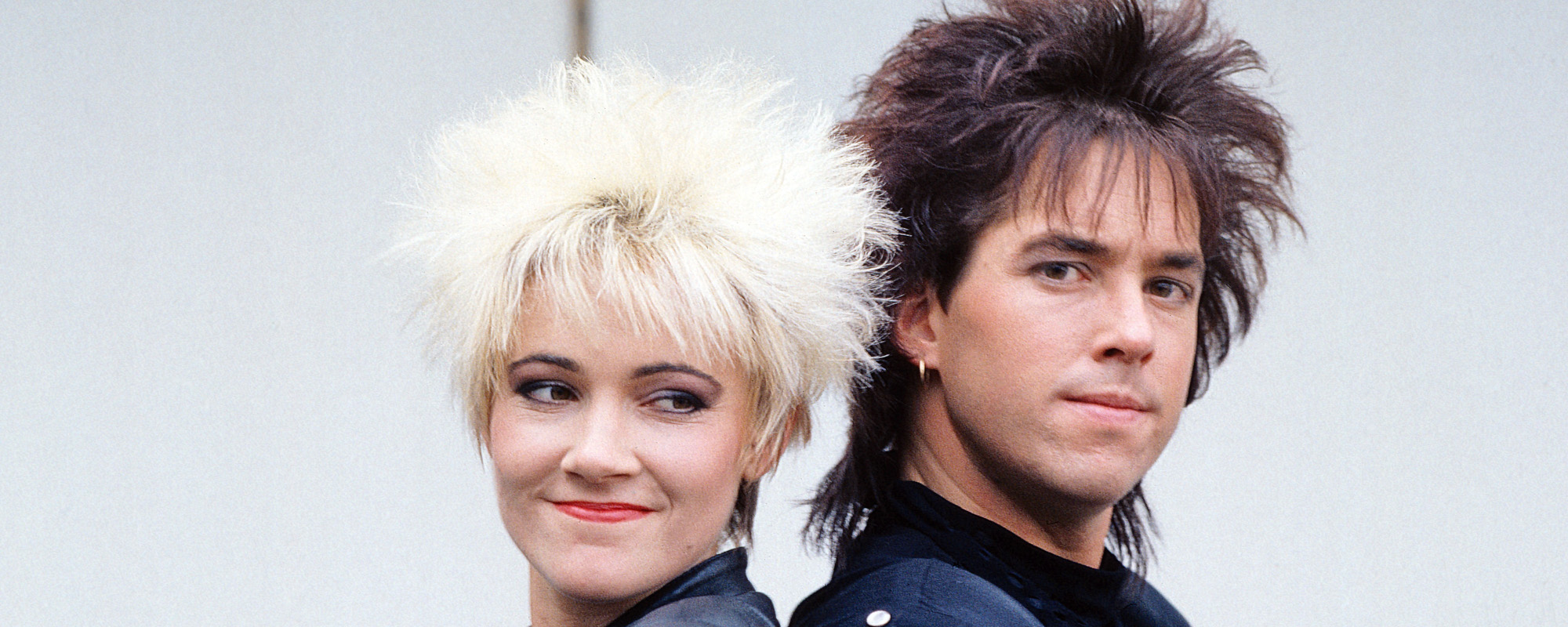
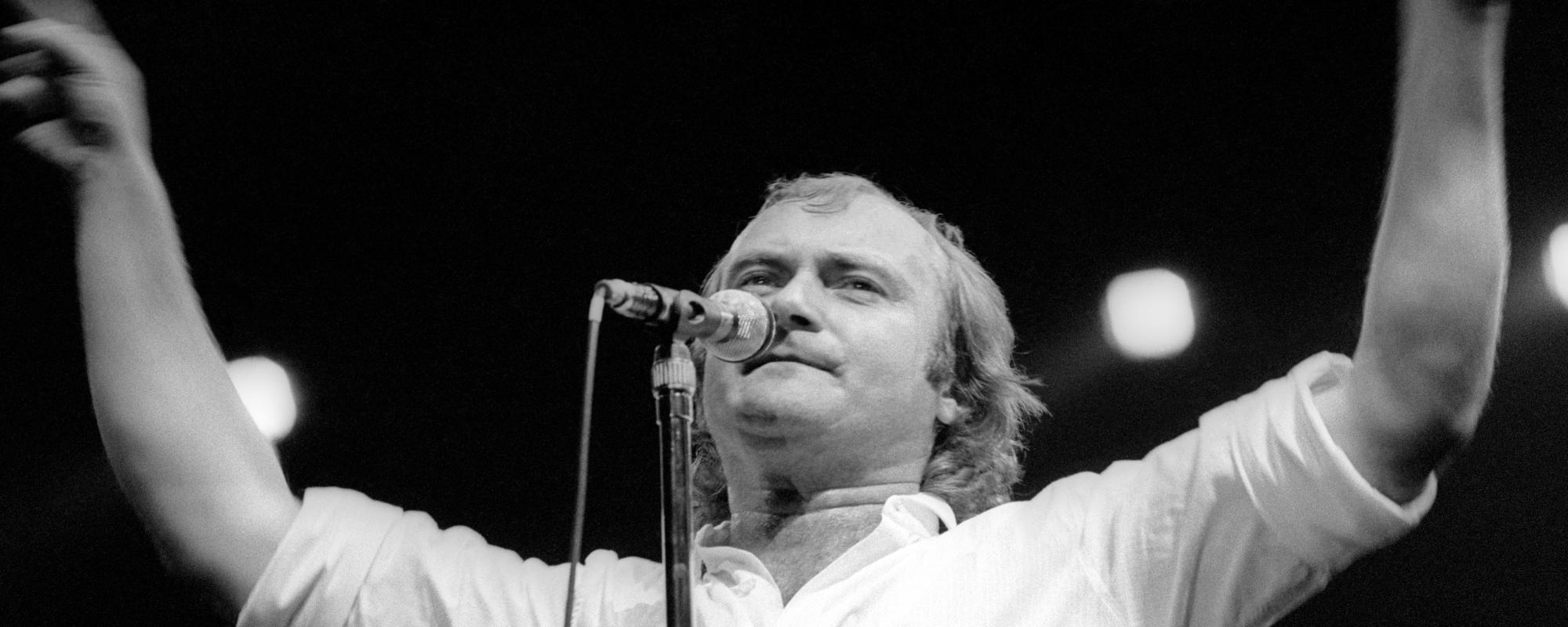
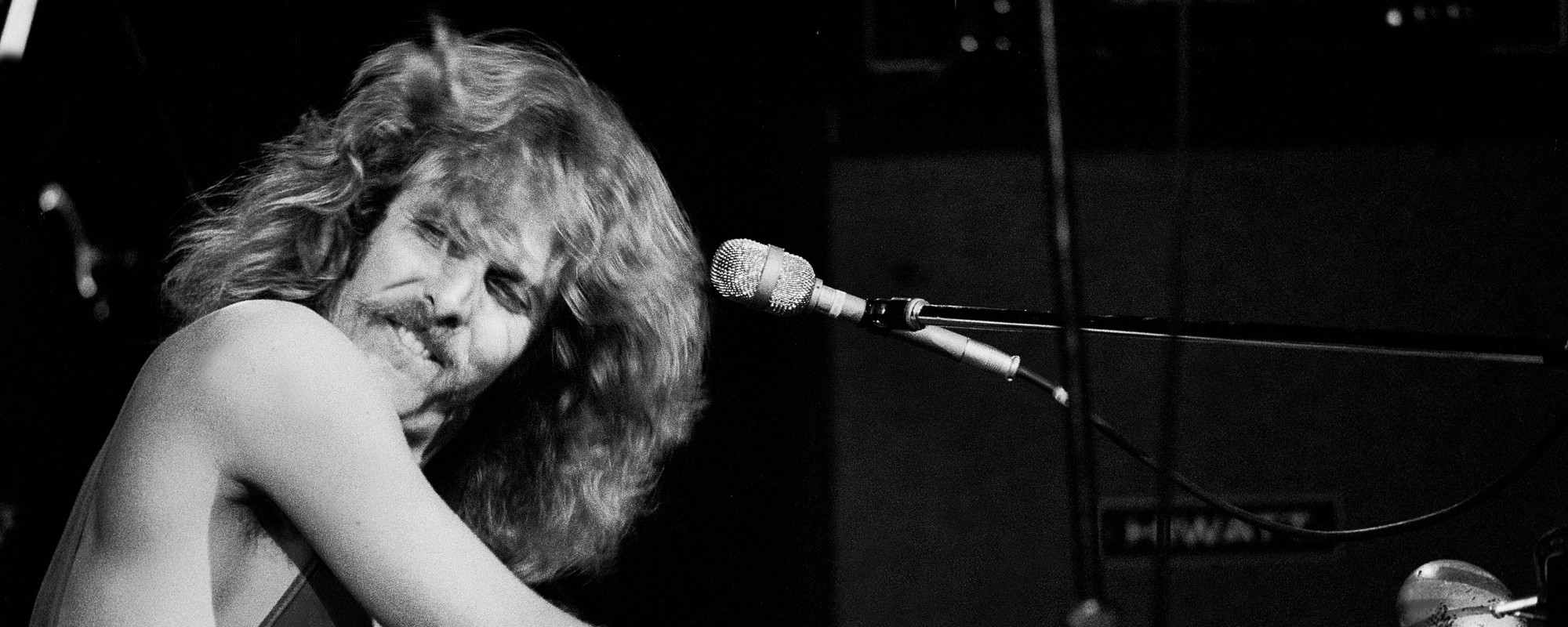







Leave a Reply
Only members can comment. Become a member. Already a member? Log in.